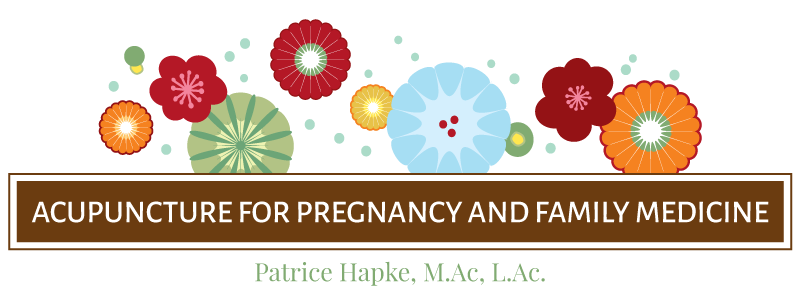LGBTQIA+ Patients
Chinese Medicine has many effective treatment strategies to support LGBTQIA+ patients in your healthcare goals. No matter what those goals are, from surgery recovery to overall health support, our aim is to provide you with inclusive, knowledgeable care.
Treatment methods like acupuncture, herbal medicine, and moxibustion can have a profound impact on preparing your body for gender-affirming surgical procedures and helping with post-operative recovery. We can work on reducing any pain, inflammation, or swelling you might experience after surgery, and on healing scars and minimizing scar appearance.
Chinese Medicine can also help to reduce side effects of hormone therapies, such as hot flashes, hair loss, acne, headaches, and more, as well as reduce any physical discomfort from gender-affirming practices such as binding.
The effectiveness of Chinese medicine for all kinds of LGBTQIA+ health concerns draws from its capacity to understand your body as a complete system, rather than a set of symptoms, which can lead to effective relief of your specific concerns while supporting your overall health at the same time.
Because of its whole-system perspective, Chinese medicine understands emotional and physical health as deeply interconnected. Contemporary research shows how acupuncture and herbal medicine can be effective tools for treating the varied physiological and psychological impacts of stress and trauma, helping to promote emotional well-being and resilience.
This whole-person approach also lends itself well to providing effective reproductive healthcare for people of all gender identities. Whether you’re looking to conceive, seeking support for painful periods, or are experiencing decreased libido, acupuncture and Chinese herbal medicine have a long track record of effectiveness for reproductive and sexual health concerns, customizable for each person.
Conditions treated and supported:
Pre-operative and post-operative care for gender-affirming surgeries
Promoting effective healing of scars and reducing their appearance
Side effects of hormone therapies
Physical discomfort from gender-affirming practices such as binding or tucking
Gender-inclusive reproductive health conditions, including support for fertility, menstrual health, and sexual health concerns
Promoting emotional well-being, helping patients to navigate the effects of stress, grief, anxiety, depression, and trauma, including PTSD/c-PTSD


